The National Education Policy (NEP) 2020 took centre-stage at the day-long Bharat Siksha Summit 2025, organised by the Balaji Foundation at Vigyan Bhawan, New Delhi.

The program was attended by leaders from across the political and educational spectrum who appreciated the policy’s transformative potential, focusing on its emphasis on multilingual education, innovation, and bridging the gap between industry and academia.
In his address, the Jammu and Kashmir Lieutenant Governor Manoj Sinha urged the citizens to recognize and celebrate India’s rich educational history.
Also read: TSBIE Telangana Board hold important meeting, calls for transparent evaluation
He highlighted the shift in focus under the NEP, emphasizing the move away from rote memorization towards fostering creativity and critical thinking in classrooms.
Lieutenant Governor Sinha also stressed the importance of integrating ethical values into education to build character.
He said, “It’s not enough to hear our inner voice; we must work hard to realize our potential.”
Sinha also quoted luminaries like Srinivasa Ramanujan, Mahatma Gandhi, and Sachin Tendulkar as examples of individuals who followed their passion to success.
Uttar Pradesh Deputy Chief Minister Brajesh Pathak echoed the sentiments, particularly praising the NEP’s emphasis on mother-tongue education.
He said, “Teaching in one’s mother tongue helps students understand and retain knowledge better, which is critical for both personal growth and national development.”
He also emphasized that the policy would empower future generations to create jobs rather than seek them.
Justice Rajesh Bindal of the Supreme Court raised an urgent call to reform India’s education system, highlighting the alarming issue of brain drain.
“Increasingly, Indian students are pursuing higher education abroad, contributing to a loss of more than $45 billion annually. This highlights the urgent need to upgrade our education system so that our students stay and excel in India, and we become a global hub for education,” Justice Bindal stated.
Justice Bindal revealed that only 48 per cent of law graduates pass the Bar Council of India’s examination, underscoring the deficiencies in the current legal education system.
Naveen Jindal, Member of Parliament, praised the NEP for offering students the opportunity to shape their educational paths according to their interests and talents.
He said, “As we march towards a ‘Viksit Bharat’ (Developed Bharat), we must ensure that our education system prepares students for the future, especially with the rise of AI and technology,”
Pankaj Mittal, Secretary General of the Association of Indian Universities (AIU), highlighted the flexibility introduced by the NEP .
She said, “For years, foreign education systems were praised for their flexibility. With the NEP, India is finally offering the same flexibility, enabling students to pursue multidisciplinary education.”
She also applauded the policy’s focus on practical, hands-on learning, with students required to intern in their chosen fields after each semester.
This, Mittal explained, will increase employability and ensure that students are workforce-ready upon graduation.
Prof. (Dr.) Prabhat Ranjan, Vice Chancellor of DY Patil International University, while speaking on the session on “Education Without Borders”, shared the university’s innovative approaches aimed at redefining education in India. He emphasized the importance of bridging gaps between traditional and digital learning methodologies.
Prof. (Dr.) Dhananjay Joshi, Vice Chancellor of Delhi Teachers University, shed light on the critical importance of teacher-centric reforms within the NEP.
He argued that focusing on the development of teachers is essential to creating a “Viksit Bharat” (Developed India) through a well-equipped and motivated teaching workforce.
Meanwhile, the summit featured a variety of thought-provoking sessions, including “The Vision of National Education Policy”, “Education, Culture, and Contemporary Developments”, “Imagining Indian Education”, “Education Without Borders”, and “Legal Education and Training: Bridging Theory and Practice”.
Rajshri Rai, Chairperson of Balaji Foundation, opened the summit by emphasizing the vital role education plays in shaping a nation’s progress.
She welcomed the participants and urged students to take an active interest in understanding the implications of education policies on their futures. She also stressed the summit’s role in fostering collaboration and providing students with a clearer understanding of the NEP’s vision for their education.
Senior Advocate Pradeep Rai, also of the Supreme Court, shared his personal journey of education in a village school, reflecting on India’s remarkable progress in the education sector. “Teachers have always said, ‘Better education leads to better employment.’ It’s a truth we must carry forward as we reform and improve our education systems,” he remarked.
The Bharat Siksha Summit 2025 was a pivotal event, with rich discussions that emphasized the pressing need for reform in India’s educational policies to meet both national and global demands.

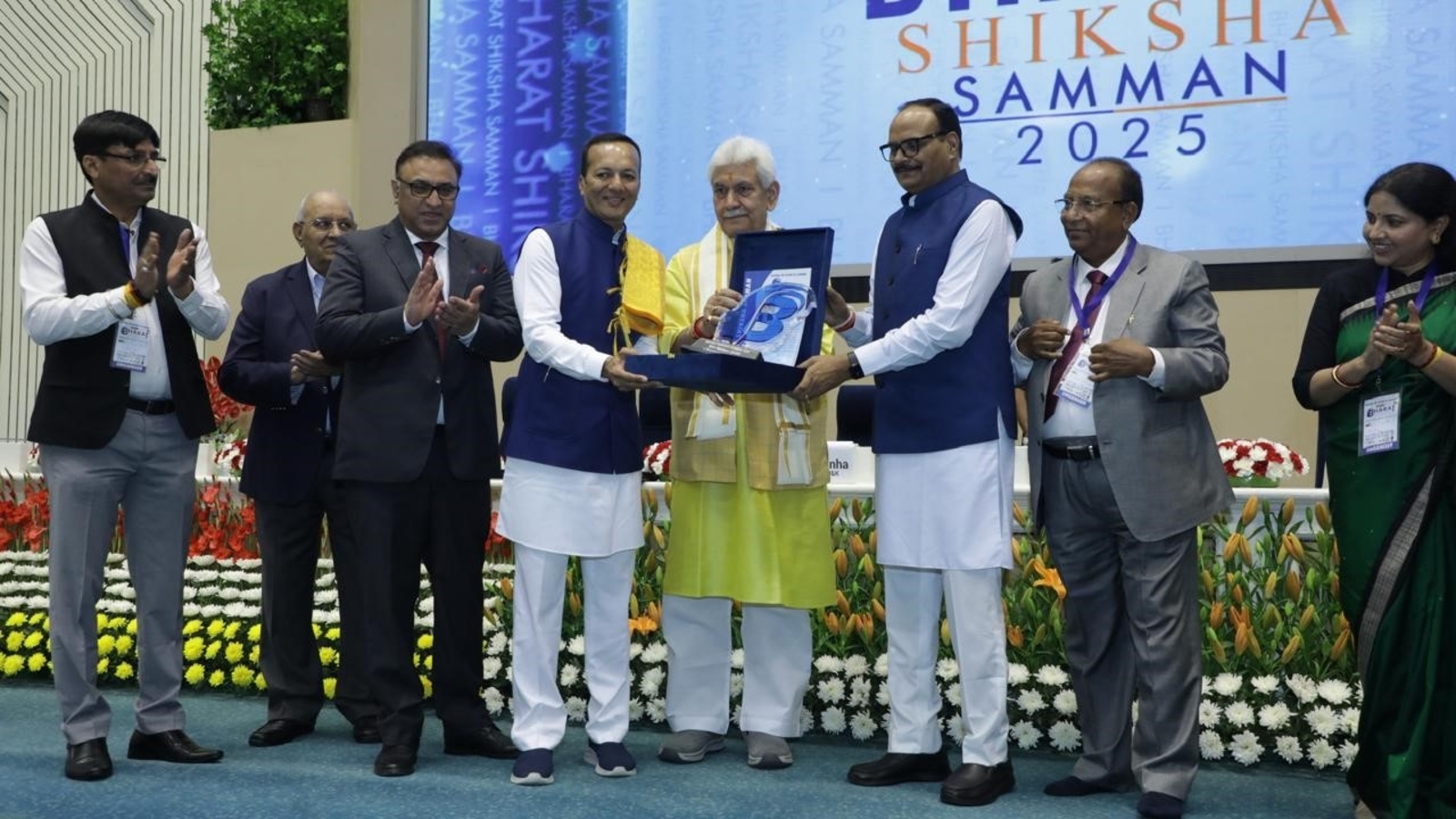
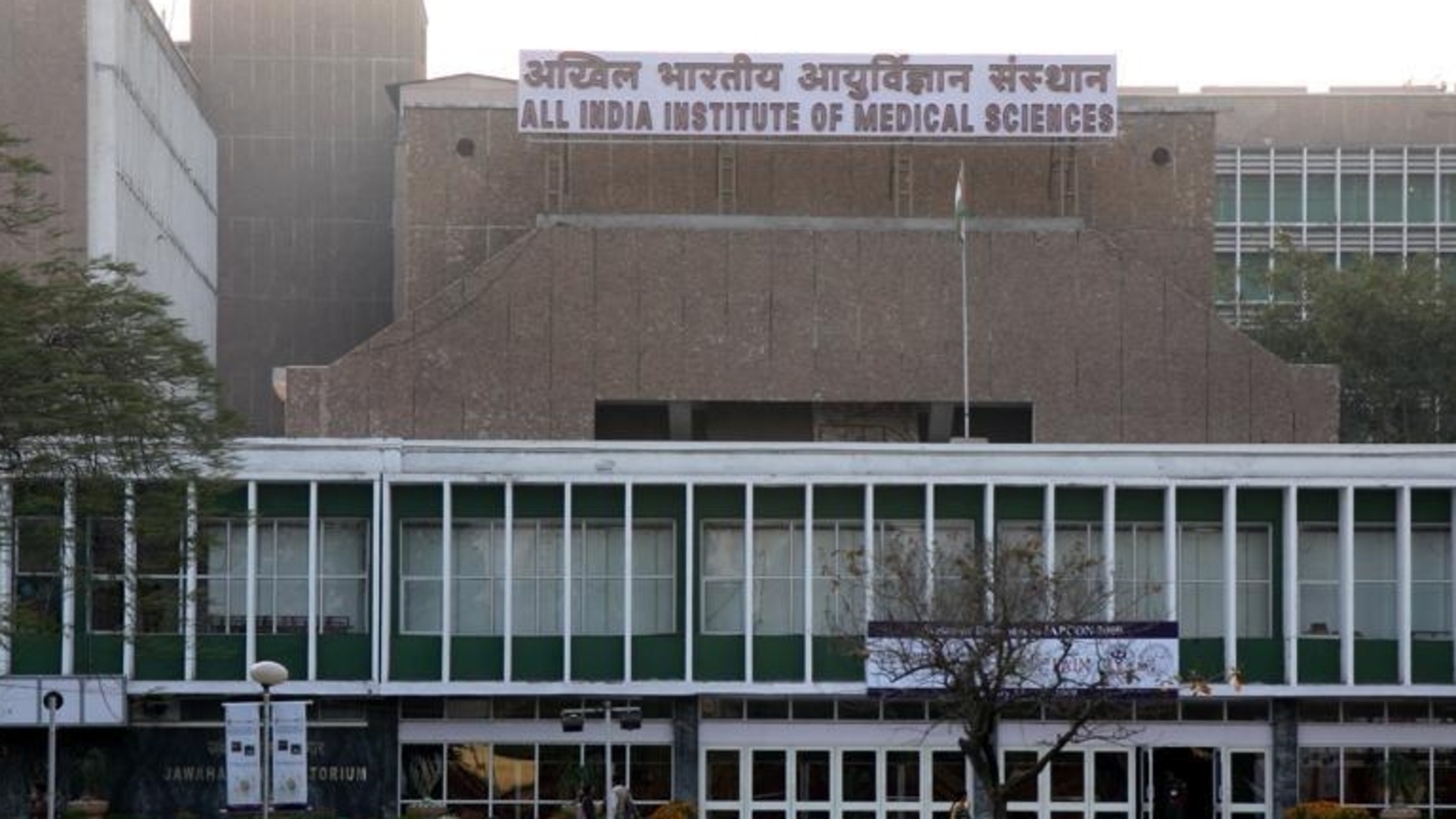
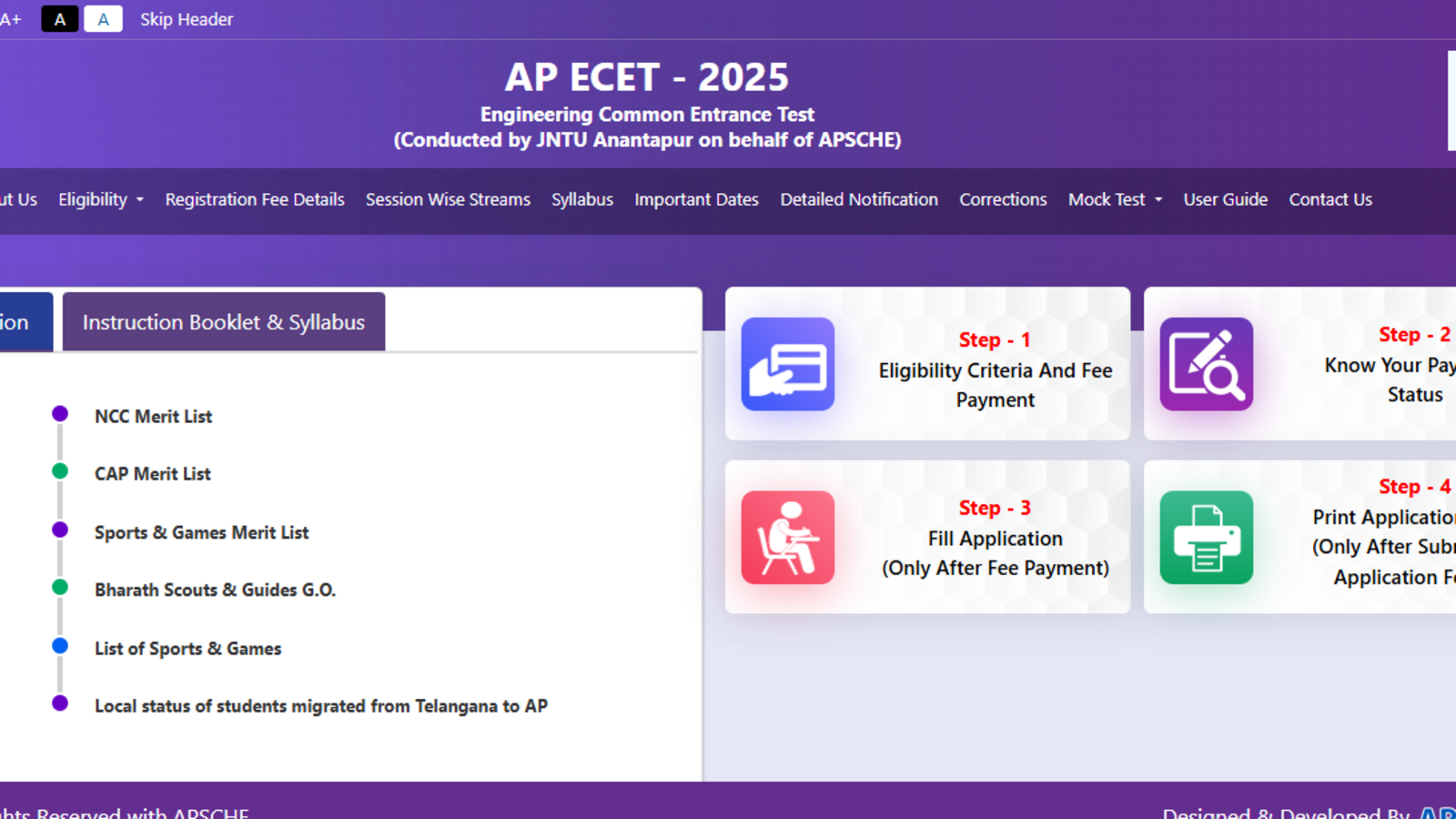


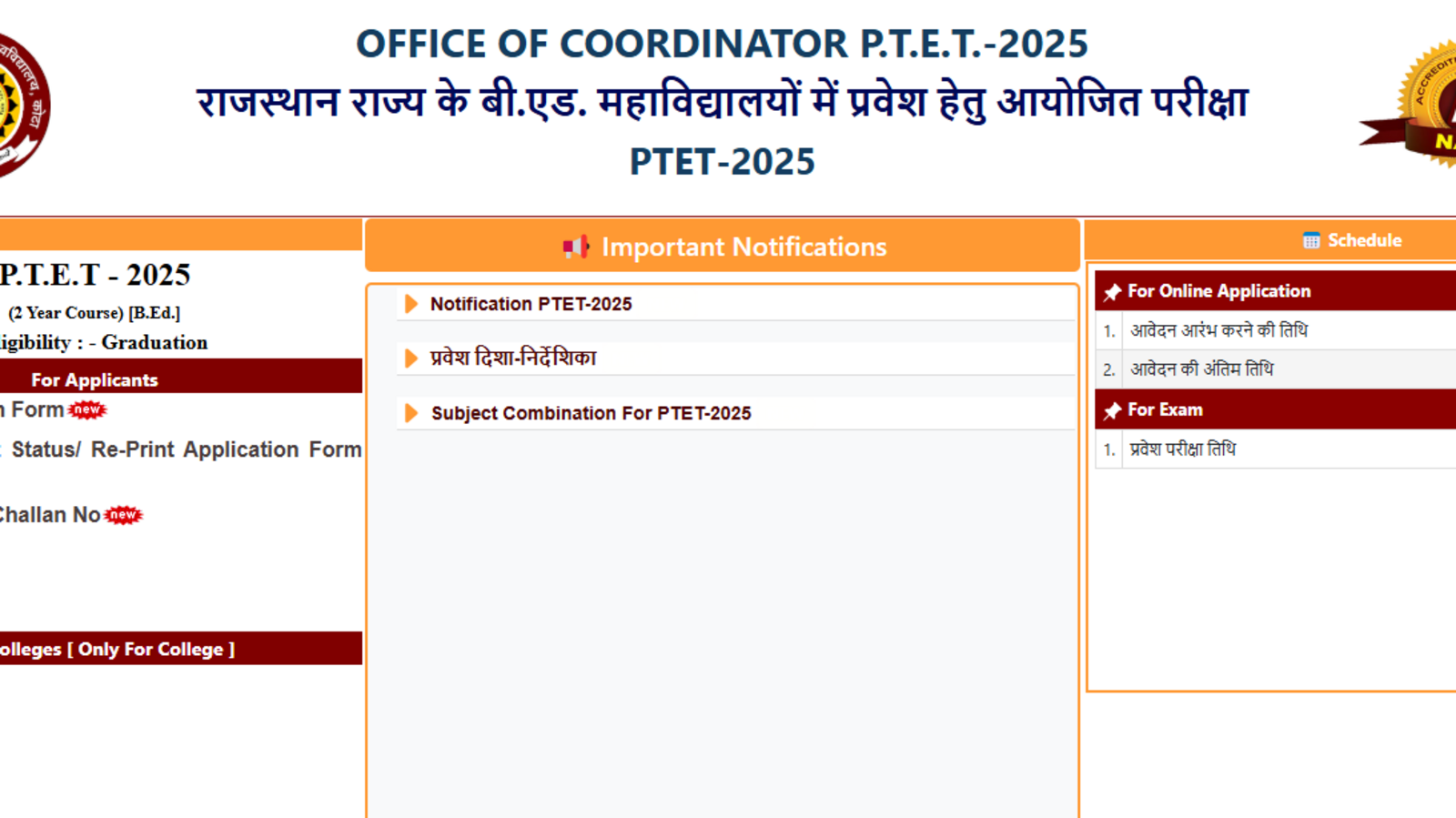



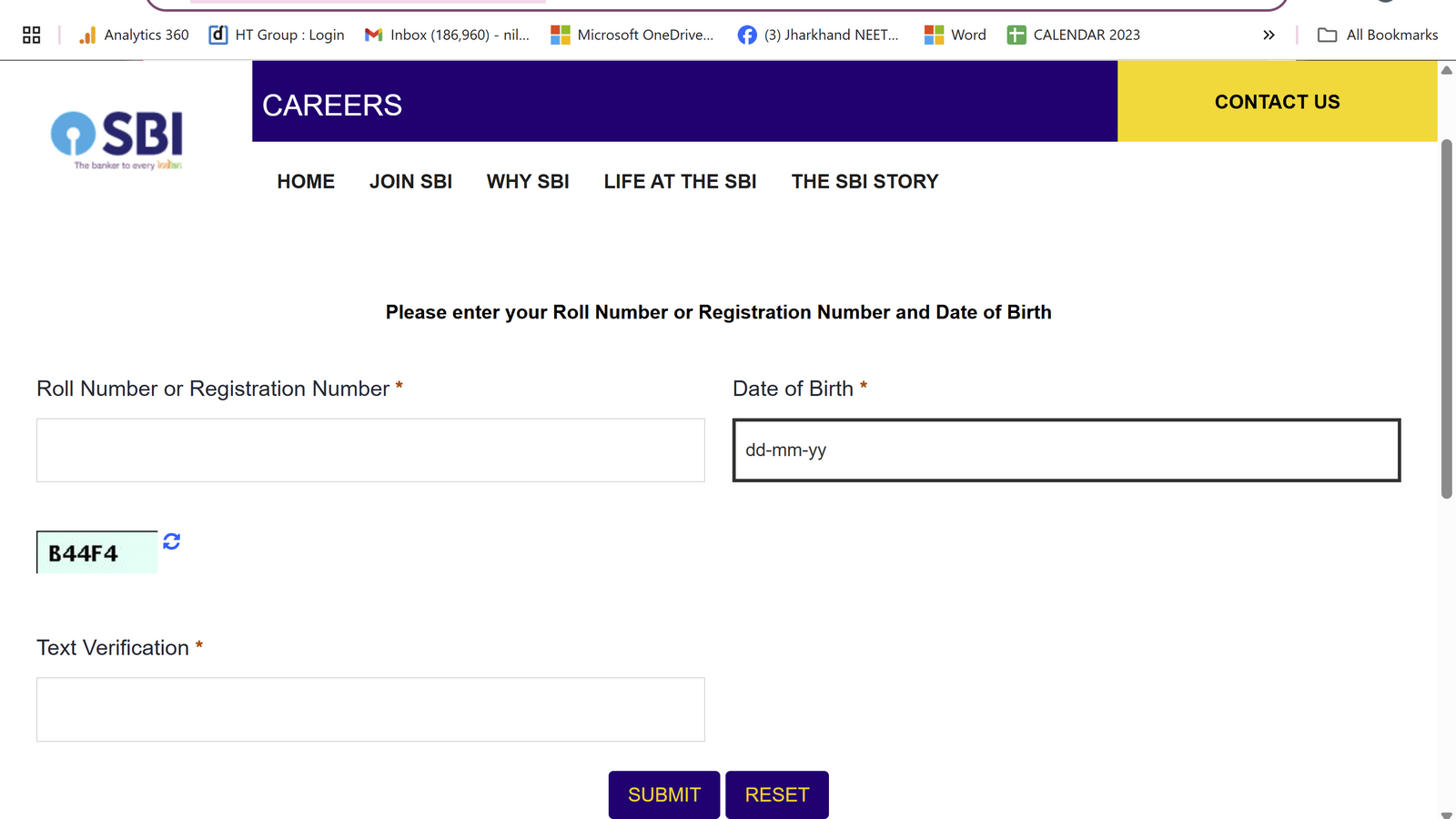
Leave a Reply